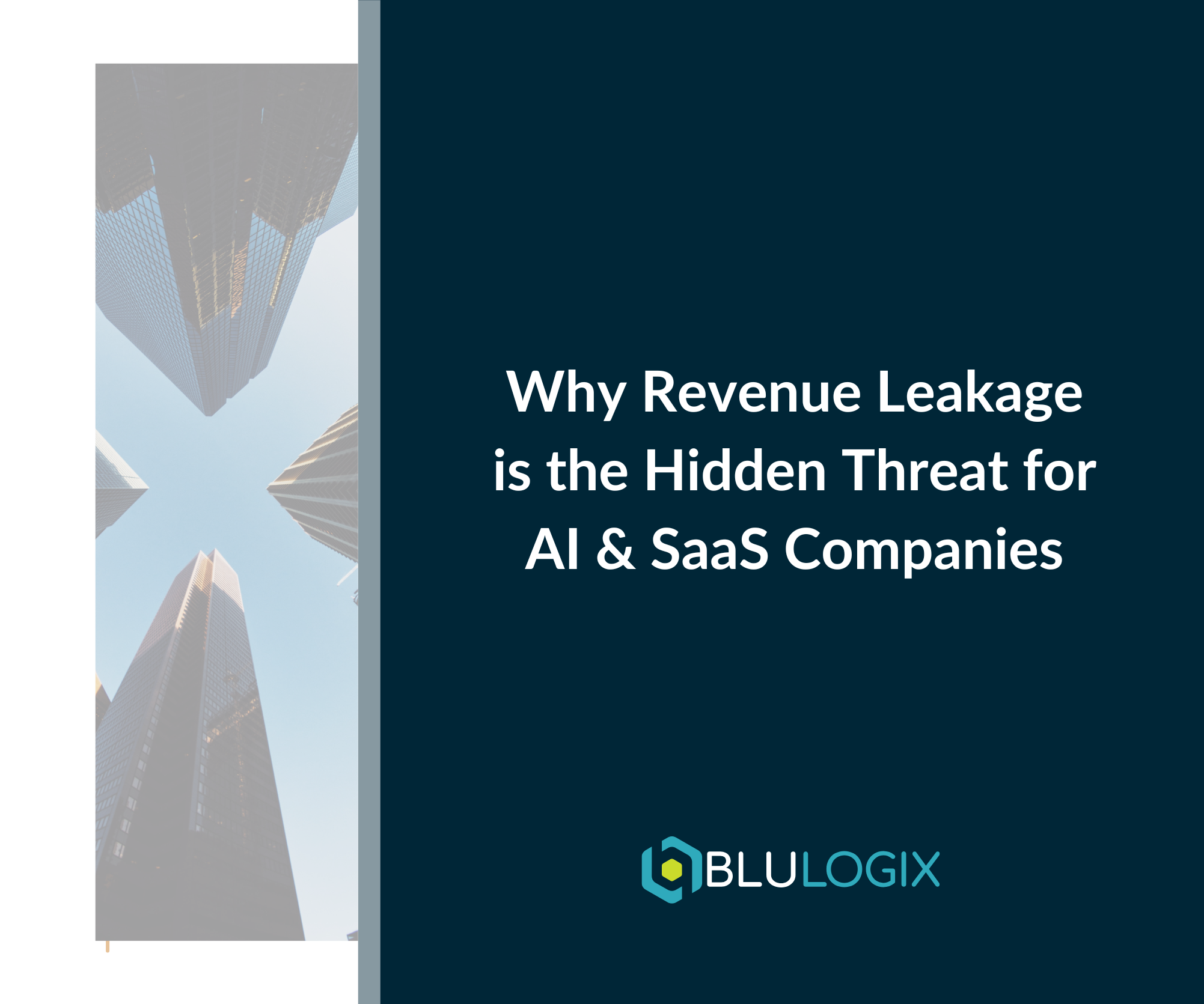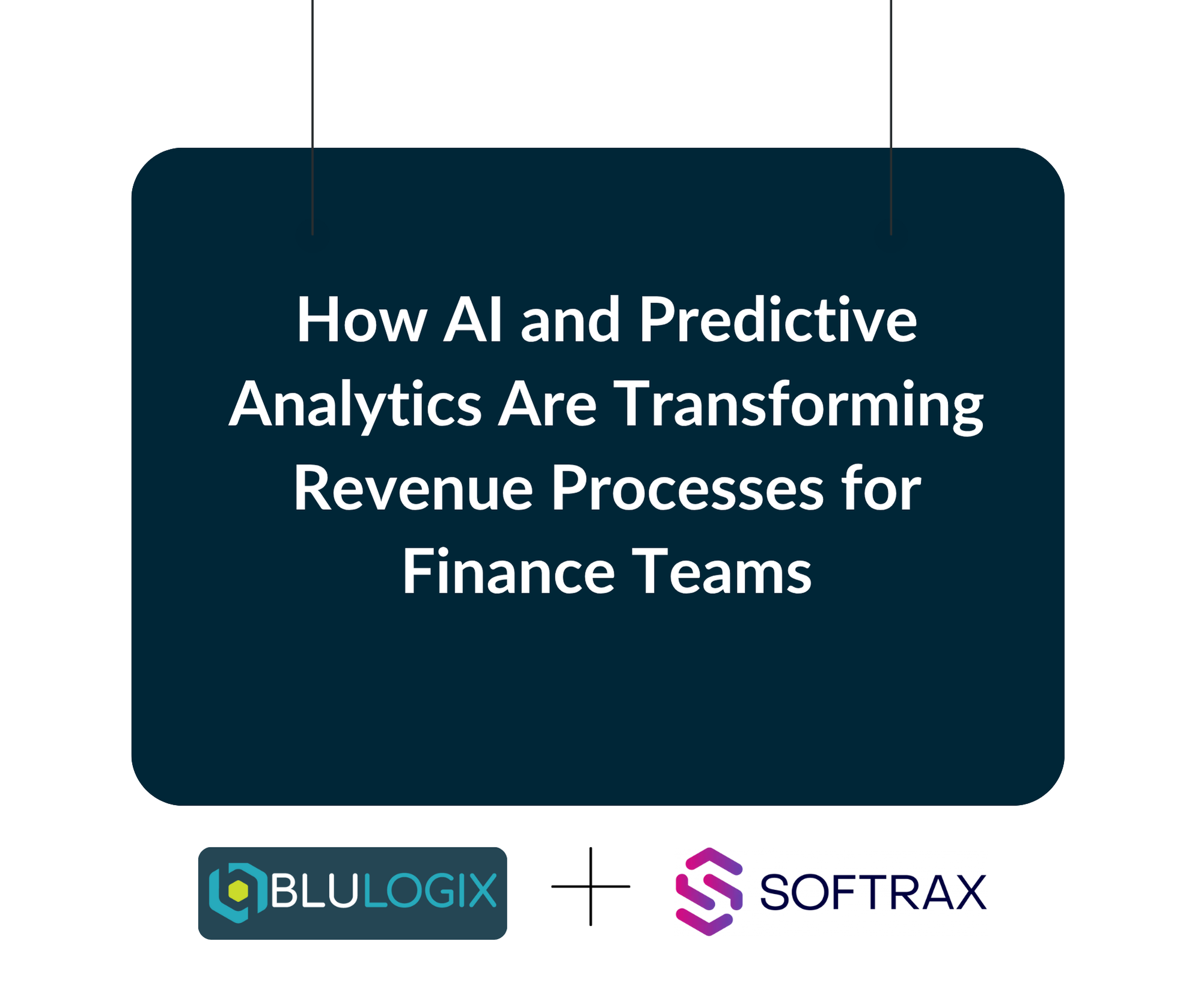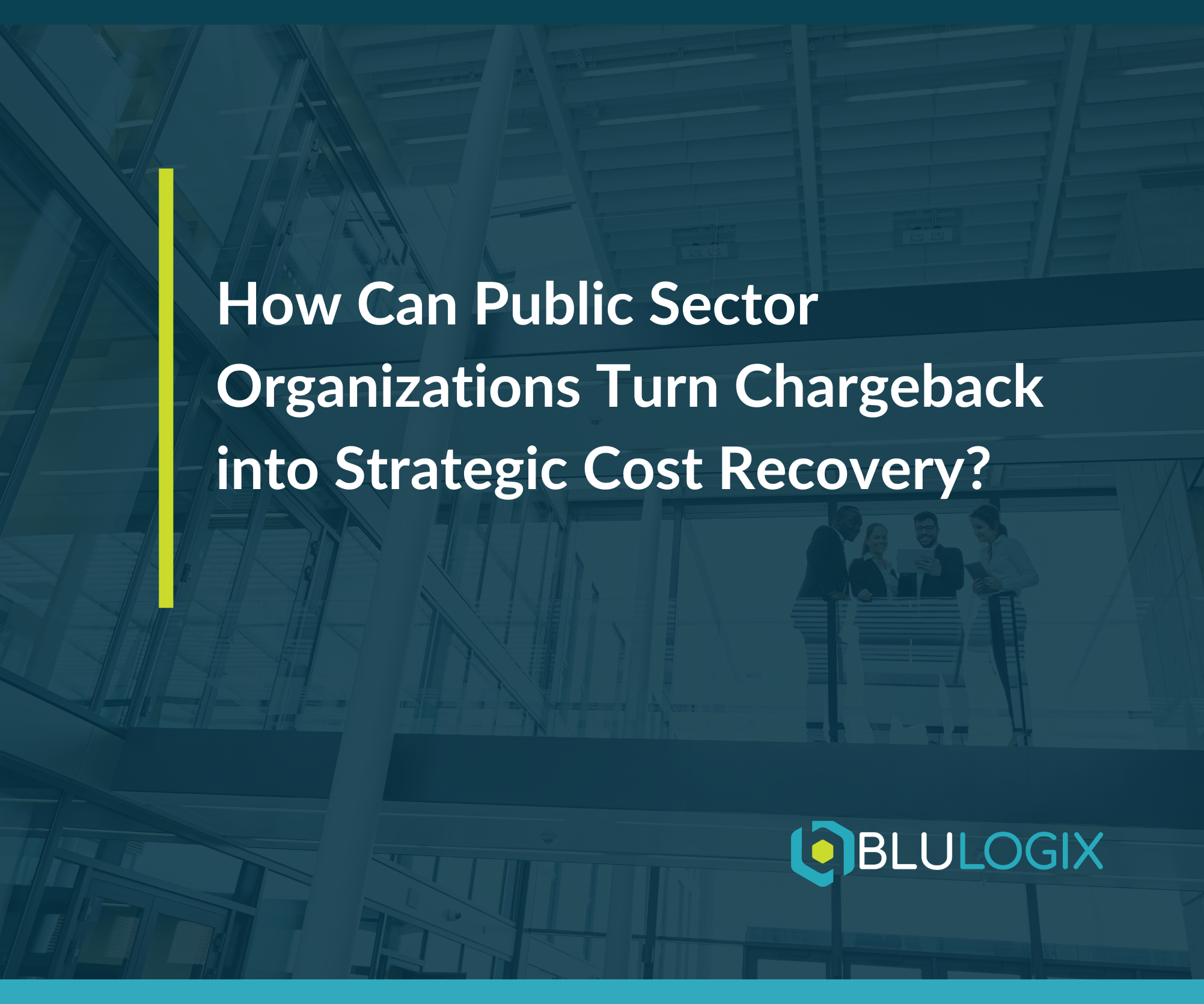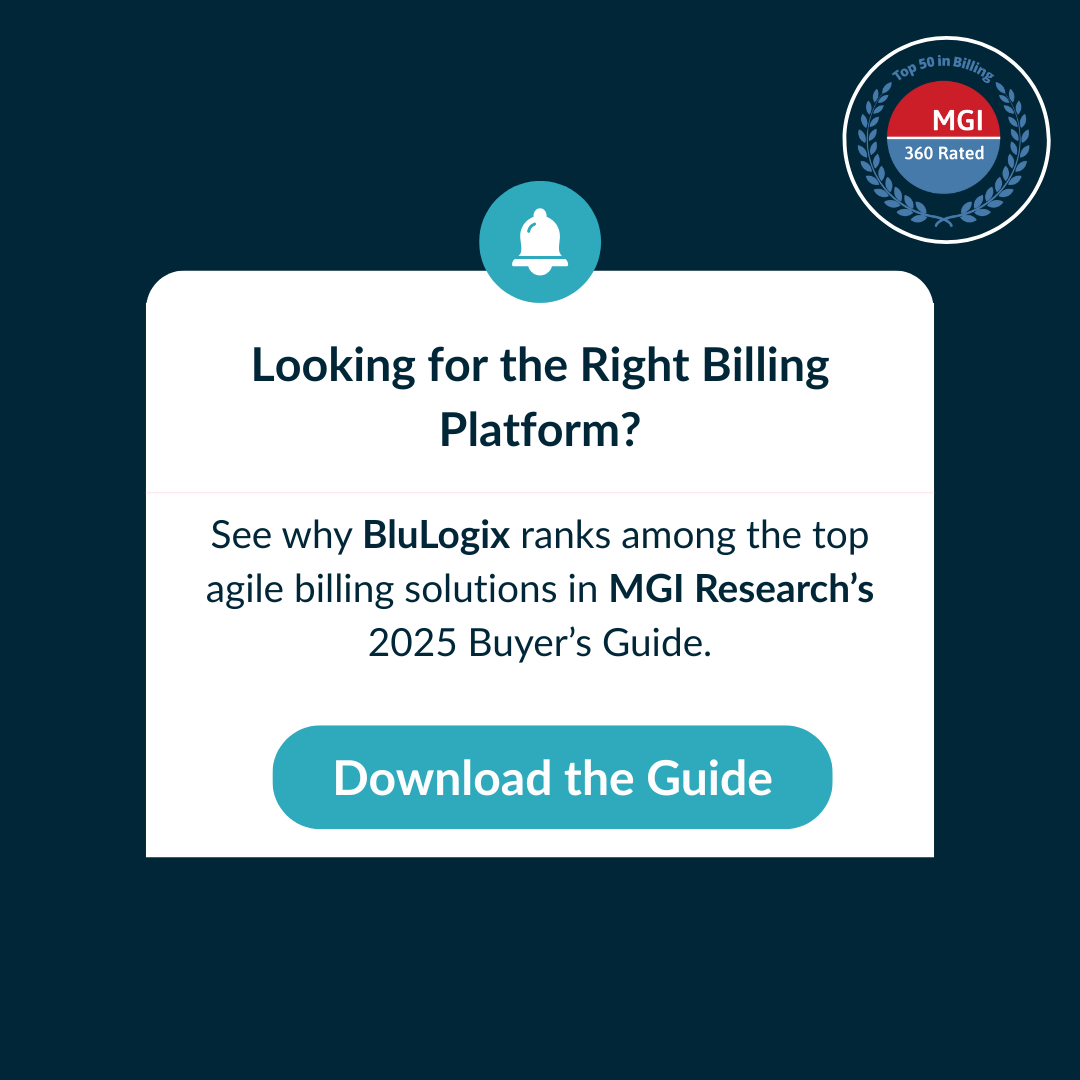The Rise of the Subscription Economy for IT Service Providers
Introduction
The subscription economy is reshaping how businesses across all industries operate, and IT Service Providers (ITSPs) are no exception. With the advent of subscription-based services, ITSPs and Managed Service Providers (MSPs) are moving away from traditional, one-time transactional models towards more flexible and scalable subscription models. This shift has brought a wave of new opportunities and challenges, fundamentally transforming the IT services landscape.
Ready to see how BluIQ can transform your billing process and help you achieve integrated, automated, and accurate complex monetization? Schedule a demo with a BluLogix billing expert today and take the first step towards revolutionizing your revenue management.
The Shift to Subscription-Based Models
The rise of the subscription economy is largely driven by evolving customer preferences. Today’s businesses seek greater flexibility, predictable costs, and access to the latest technologies without the burden of significant upfront investments. Subscription-based models cater perfectly to these needs, offering services on a recurring basis rather than requiring large capital expenditures for long-term commitments.
For ITSPs, this transformation means moving from selling hardware, software, or support services outright to providing them as ongoing solutions. Instead of a one-time project fee, revenue now flows from recurring subscriptions—whether it’s cloud infrastructure, managed IT services, or Software-as-a-Service (SaaS). This shift allows ITSPs to foster long-term customer relationships and better align with clients’ evolving needs.
Benefits of the Subscription Model
- Predictable, Recurring Revenue
One of the most significant benefits of the subscription model is the ability to generate predictable, recurring revenue. Unlike traditional models where revenue is inconsistent and often tied to one-off projects, subscription models enable ITSPs to create consistent and stable income streams. Predictable revenue makes cash flow management easier and supports more accurate forecasting and business planning.
- Increased Customer Loyalty
Subscription-based services also help build stronger customer relationships. By offering ongoing services, ITSPs can become trusted partners rather than just vendors. The subscription model encourages a more customer-centric approach, where ITSPs actively ensure that their services deliver value month after month. This focus on customer success fosters long-term loyalty, reducing churn rates and increasing lifetime customer value.
- Flexibility to Meet Customer Needs
With a subscription model, ITSPs can offer more customizable solutions to meet their customers’ unique needs. Instead of rigid contracts, clients benefit from flexibility—adding, removing, or modifying services as their requirements change. This agility is a key factor in attracting and retaining customers in an increasingly competitive market.
Opportunities and Challenges for IT Service Providers
The rise of the subscription economy has opened new doors for ITSPs, but it also brings its own set of challenges that require innovative solutions. To fully leverage the opportunities of subscription models, ITSPs must address the following areas:
- Complex Pricing Models
Subscription services often require sophisticated pricing structures that incorporate factors such as tiered usage, bundled services, or consumption-based billing. Developing flexible pricing models that meet both customer demands and profitability goals is a significant challenge that ITSPs must overcome.
- Operational Inefficiencies
The shift to subscription-based services often necessitates changes in how businesses operate, from automating billing processes to managing service activation. To succeed, ITSPs must streamline their operations and implement efficient billing, service management, and provisioning systems that can handle the complexities of recurring service delivery.
- Managing Customer Expectations
In a subscription model, customer experience and satisfaction are paramount. ITSPs must adopt a proactive approach to customer support and engagement to ensure that clients derive continuous value from their subscriptions. This requires advanced analytics and real-time monitoring to track usage, preemptively address issues, and deliver an exceptional experience.
Conclusion
The subscription economy has fundamentally reshaped how IT Service Providers do business, creating a more sustainable model that prioritizes long-term customer relationships and recurring revenue. By embracing subscription-based models, ITSPs can not only enhance revenue predictability but also build greater customer loyalty and adaptability to changing market demands.
However, making the transition to a subscription model is not without its challenges. ITSPs must be prepared to navigate complex pricing models, streamline their operations, and enhance customer satisfaction to stay ahead in this rapidly evolving landscape. In the coming posts, we will explore each of these challenges in detail and provide insights on how ITSPs can build a robust monetization framework for long-term success in the subscription economy.
Stay tuned for the next post in our series, where we’ll dive into the complexities of navigating pricing models in the subscription economy.
Ready to see how BluIQ can transform your billing process and help you achieve integrated, automated, and accurate complex monetization? Schedule a demo with a BluLogix billing expert today and take the first step towards revolutionizing your revenue management.
Learn more

Why Revenue Leakage is the Hidden Threat for AI & SaaS Companies

How AI and Predictive Analytics Are Transforming Revenue Processes for Finance Teams



